Categories
- Artificial Intelligence 4
- Python
- Autocad
- News & Events 9
- Tally 1
- Java 1
- Advanced python
- Core Python 1
- Digital Marketing 4
- core Java 1
- Cyber Security
- Data Science 2
- AWS 4
- Python 1
- Azure 3
- Microsoft Office 2
- Data Structures & Algorithms 1
- Cyber Security 2
- C Programming 3
- Miscrosoft Office 5
- Blockchain 2
- Adobe Photoshop 4
- Cruise Ship 1
- Summer VacationCourses 1
Trending Posts
-
 What is the significance of digital marketing to building a brand?
06-04-2023
What is the significance of digital marketing to building a brand?
06-04-2023
-
 The Power of generative adversarial networks (GANs)
11-10-2023
The Power of generative adversarial networks (GANs)
11-10-2023
-
 Difference between Manual vs Computerized Accounts
26-10-2023
Difference between Manual vs Computerized Accounts
26-10-2023
-
 Concept of Object-Oriented Programming in java with Examples - oops
26-10-2023
Concept of Object-Oriented Programming in java with Examples - oops
26-10-2023
-
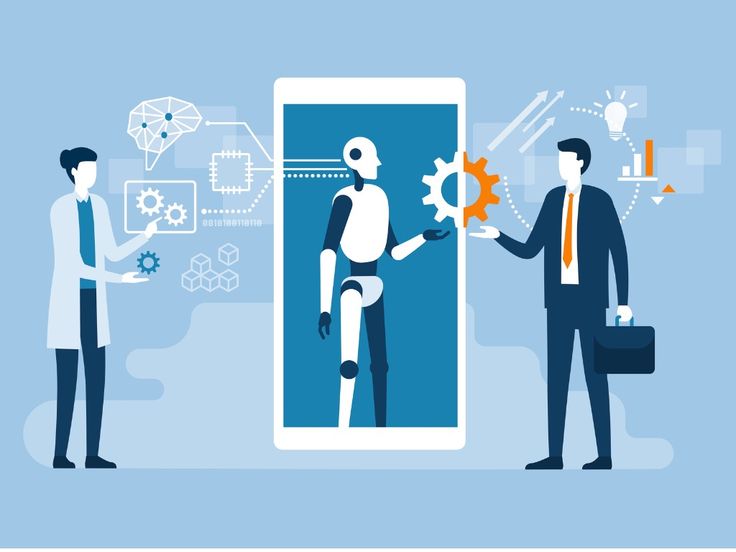 Importance of Data Visualization in Data Science
27-10-2023
Importance of Data Visualization in Data Science
27-10-2023
-
 Introduction to Exception handling in java and types of Exceptions
01-11-2023
Introduction to Exception handling in java and types of Exceptions
01-11-2023
-
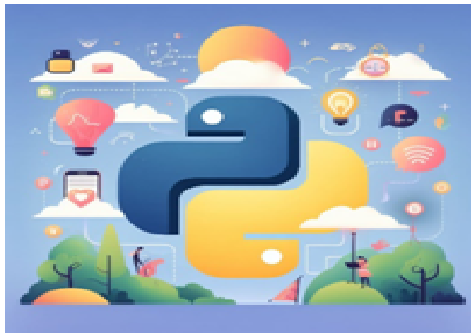 Difference between Packages and Modules in python
01-11-2023
Difference between Packages and Modules in python
01-11-2023
-
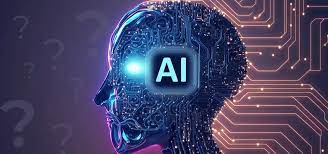 Workers in India need to be upskilled, reskilled in AI, automation
02-11-2023
Workers in India need to be upskilled, reskilled in AI, automation
02-11-2023
-
 Challenges in equipping job seekers with skills
02-11-2023
Challenges in equipping job seekers with skills
02-11-2023
-
 Control Structures in Python with examples. Condition Statements, loop and Control Flow Statements
04-11-2023
Control Structures in Python with examples. Condition Statements, loop and Control Flow Statements
04-11-2023
-
 Music can help learners improve their skills.
08-11-2023
Music can help learners improve their skills.
08-11-2023
-
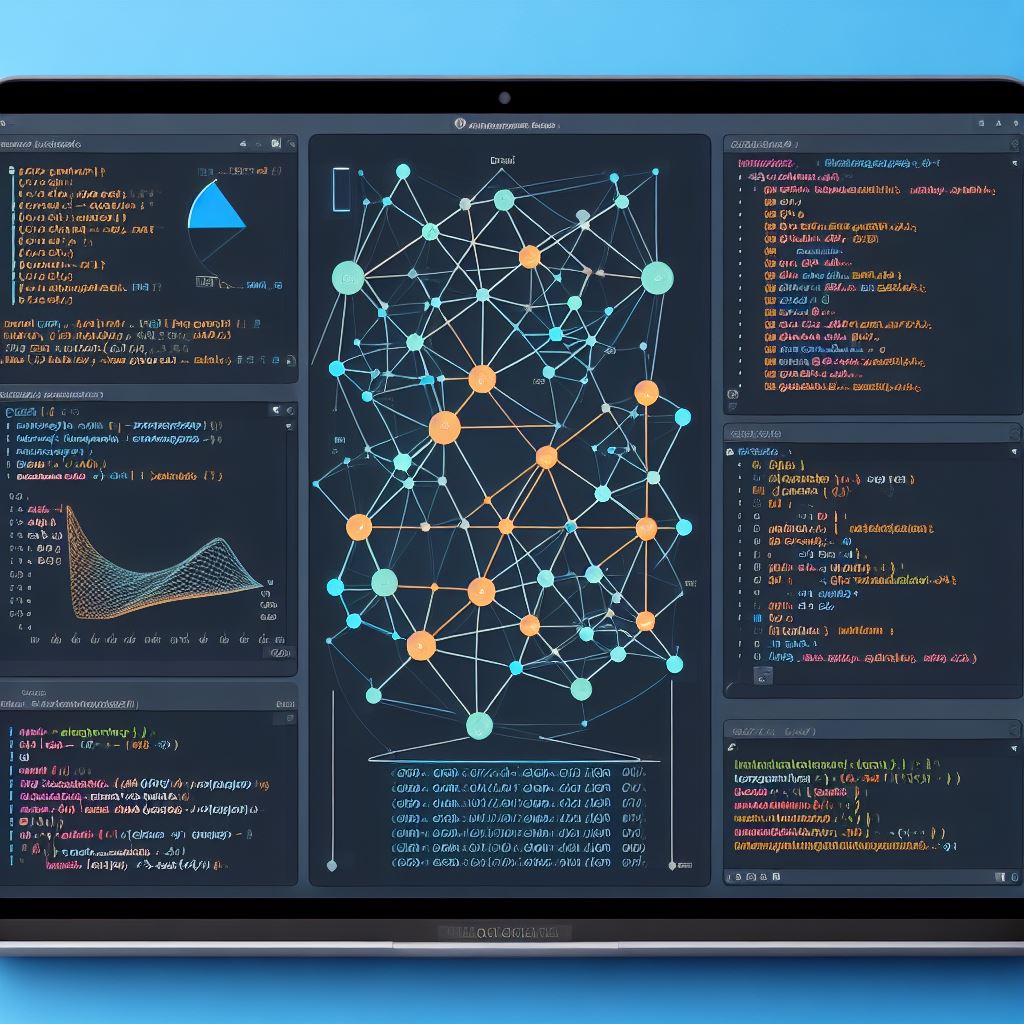 Data Structures And Algorithms In Python - Basic To Advanced Level
18-11-2023
Data Structures And Algorithms In Python - Basic To Advanced Level
18-11-2023
-
 An Introduction to nlp Natural Language Processing
22-11-2023
An Introduction to nlp Natural Language Processing
22-11-2023
-
 Why Internship is Important for Students after Studies
23-11-2023
Why Internship is Important for Students after Studies
23-11-2023
-
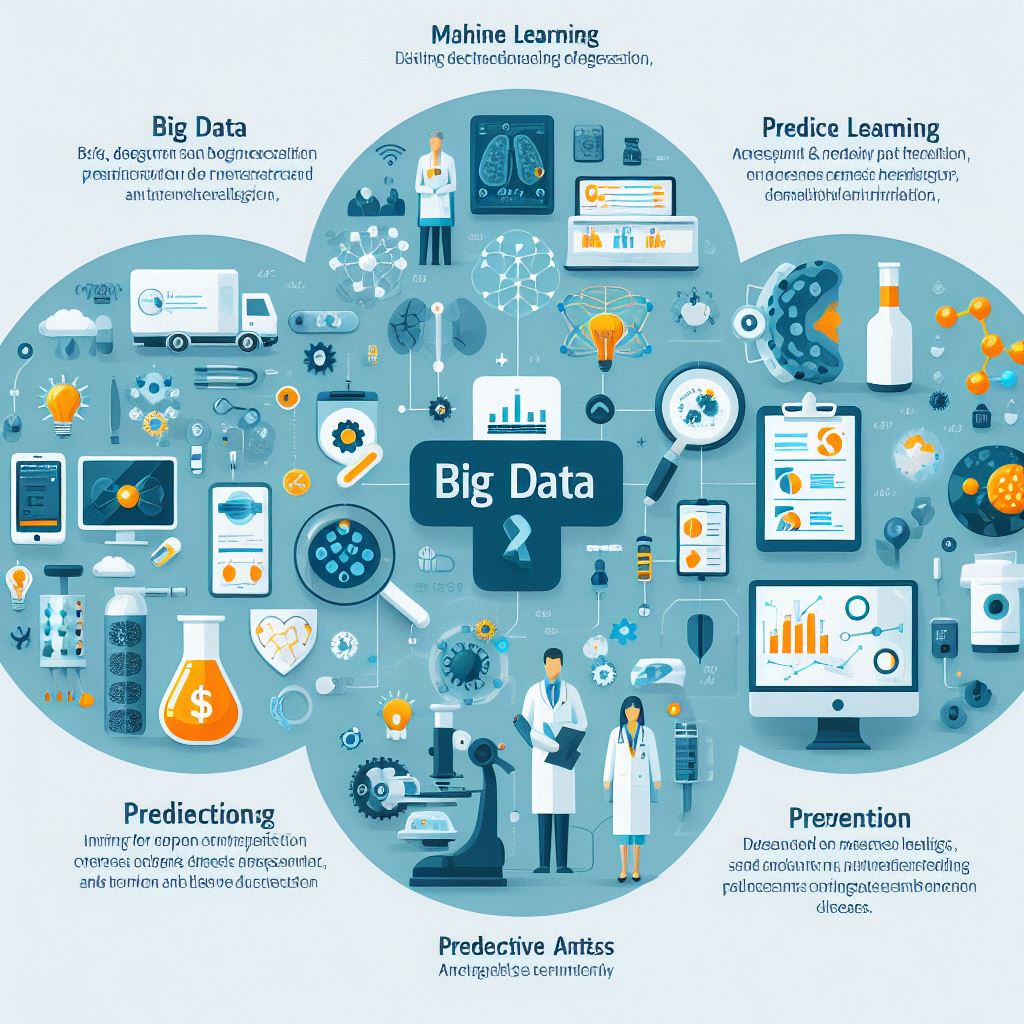 The Impact of Predictive Analytics in Healthcare
30-11-2023
The Impact of Predictive Analytics in Healthcare
30-11-2023
-
 Guidelines for Protecting Removable Media
02-12-2023
Guidelines for Protecting Removable Media
02-12-2023
-
 What are Social Engineering Attacks? Common Techniques Used in Social Engineering Attacks
04-12-2023
What are Social Engineering Attacks? Common Techniques Used in Social Engineering Attacks
04-12-2023
-
 Importance of Search Engine Optimization and its Techniques
06-12-2023
Importance of Search Engine Optimization and its Techniques
06-12-2023
-
 Understanding AWS Buckets: The Essential Guide to Cloud Storage
11-12-2023
Understanding AWS Buckets: The Essential Guide to Cloud Storage
11-12-2023
-
 What is sem marketing? search engine marketing
12-12-2023
What is sem marketing? search engine marketing
12-12-2023
-
 What is SMM in Digital Marketing? Social Media Marketing
13-12-2023
What is SMM in Digital Marketing? Social Media Marketing
13-12-2023
-
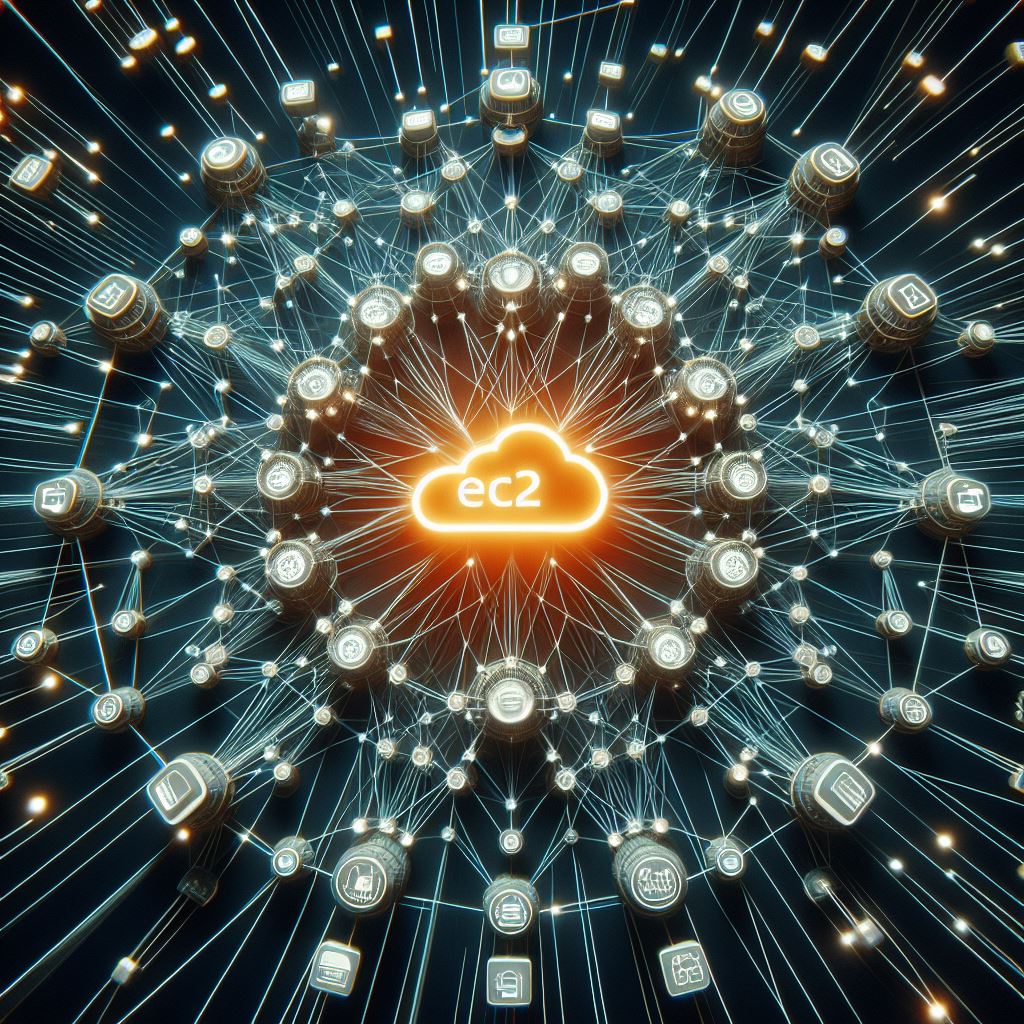 A Comprehensive Guide to Ensuring Security with Amazon EC2
15-12-2023
A Comprehensive Guide to Ensuring Security with Amazon EC2
15-12-2023
-
 Understanding Azure Storage Services - A Comprehensive Overview
19-12-2023
Understanding Azure Storage Services - A Comprehensive Overview
19-12-2023
-
 Mastering Azure App Services - Ultimate Toolkit for Success in Your Azure Course in Vizag
21-12-2023
Mastering Azure App Services - Ultimate Toolkit for Success in Your Azure Course in Vizag
21-12-2023
-
 An In-depth Exploration of Arrays in C
27-12-2023
An In-depth Exploration of Arrays in C
27-12-2023
-
 A Journey into AI Projects and Their Transformative Influence on the Contemporary World
27-12-2023
A Journey into AI Projects and Their Transformative Influence on the Contemporary World
27-12-2023
-
 Facebook Ads Webinar
27-12-2023
Facebook Ads Webinar
27-12-2023
-
 pricing models, cost efficiency and resource optimization techniques of Azure App Services
28-12-2023
pricing models, cost efficiency and resource optimization techniques of Azure App Services
28-12-2023
-
 Navigating the Cloud - An In-Depth Amazon VPC Overview
29-12-2023
Navigating the Cloud - An In-Depth Amazon VPC Overview
29-12-2023
-
 Demystifying Cloud Deployment Models: Choosing the Right Strategy for Your Business
30-12-2023
Demystifying Cloud Deployment Models: Choosing the Right Strategy for Your Business
30-12-2023
-
 A Comprehensive Guide to Basic Excel Formulas
01-01-2024
A Comprehensive Guide to Basic Excel Formulas
01-01-2024
-
 Unleashing the Power of Excel Search Functions Stream Data Analysis
02-01-2024
Unleashing the Power of Excel Search Functions Stream Data Analysis
02-01-2024
-
 Mastering Validations in Microsoft Excel: A Comprehensive Guide
03-01-2024
Mastering Validations in Microsoft Excel: A Comprehensive Guide
03-01-2024
-
 Mastering Structures in C: Understanding, Implementation, and Best Practices
04-01-2024
Mastering Structures in C: Understanding, Implementation, and Best Practices
04-01-2024
-
 C Union and benefits of using C unions in programming
05-01-2024
C Union and benefits of using C unions in programming
05-01-2024
-
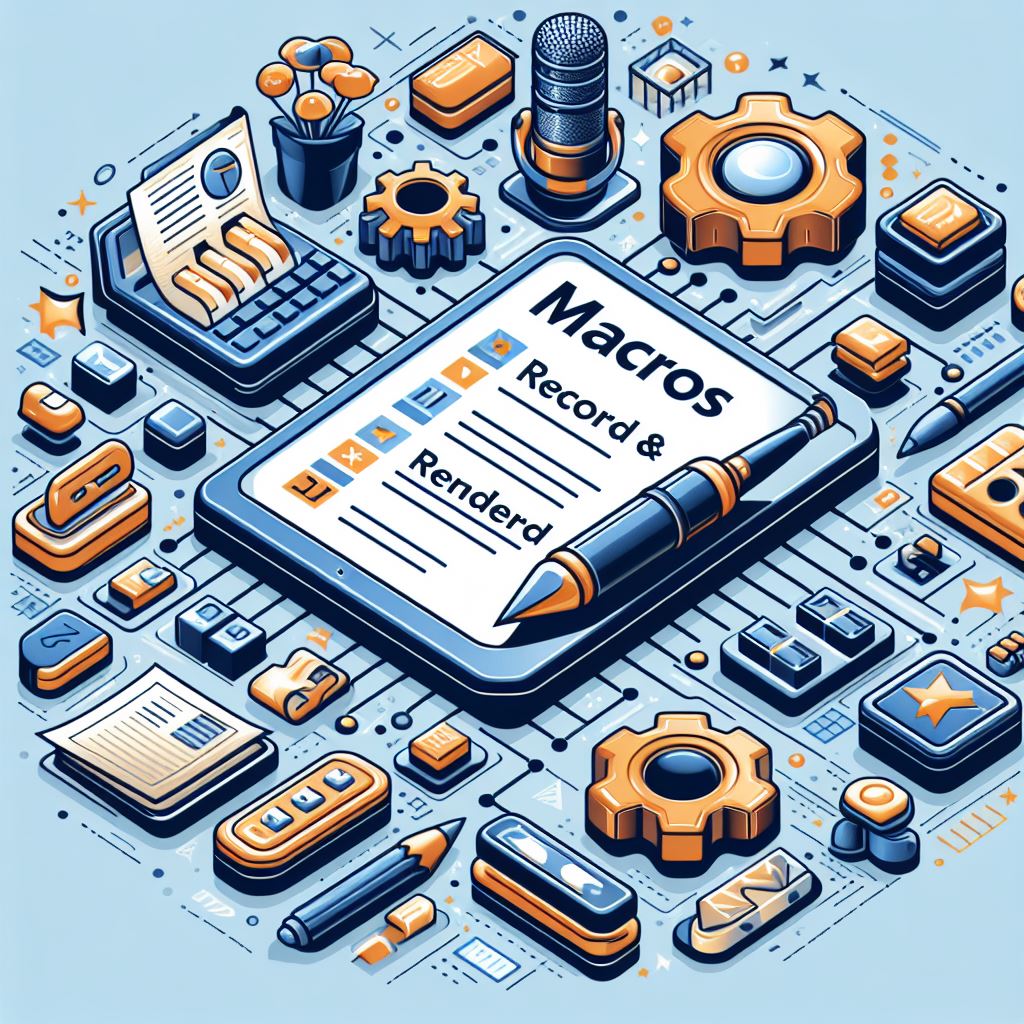 What are Microsoft Word Macros and How to Use Them?
08-01-2024
What are Microsoft Word Macros and How to Use Them?
08-01-2024
-
 Making Your Document Look Professional in ms word - Page Layout, Margins, Orientation and Size
10-01-2024
Making Your Document Look Professional in ms word - Page Layout, Margins, Orientation and Size
10-01-2024
-
 The Rise of blockchain Projects: Unveiling the Innovations of Shaping Digital Landscape
11-01-2024
The Rise of blockchain Projects: Unveiling the Innovations of Shaping Digital Landscape
11-01-2024
-
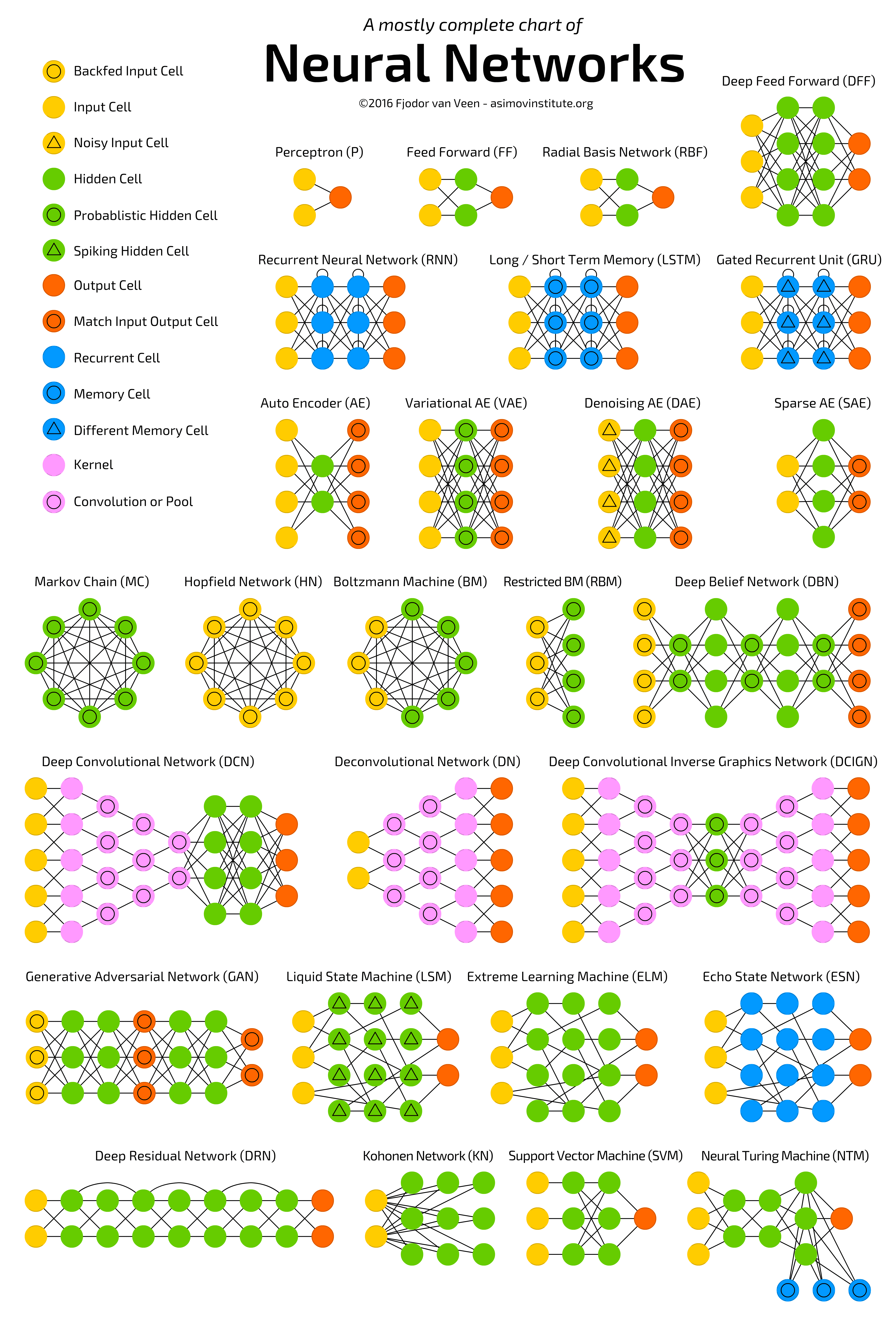 Comprehensive Guide of Neural Network Architectures
11-01-2024
Comprehensive Guide of Neural Network Architectures
11-01-2024
-
 The Future is Here: How Blockchain Technology is Reshaping Industries and Redefining Trust
12-01-2024
The Future is Here: How Blockchain Technology is Reshaping Industries and Redefining Trust
12-01-2024
-
 powerpoint presentation-Page Transitions: Enhancing Navigation and User Experience
17-01-2024
powerpoint presentation-Page Transitions: Enhancing Navigation and User Experience
17-01-2024
-
 Exploring the Power of Multimedia in PowerPoint Presentations
18-01-2024
Exploring the Power of Multimedia in PowerPoint Presentations
18-01-2024
-
 Mastering Photoshop Layers: A Comprehensive Guide to Professional Results
19-01-2024
Mastering Photoshop Layers: A Comprehensive Guide to Professional Results
19-01-2024
-
 Enhance Your Photoshop Skills with Expert Selection Techniques
20-01-2024
Enhance Your Photoshop Skills with Expert Selection Techniques
20-01-2024
-
 Life and Work on a Cruise Ship - What to Expect?
22-01-2024
Life and Work on a Cruise Ship - What to Expect?
22-01-2024
-
 Mastering Photoshop Masks: A Step-by-Step Guide to Enhance Your Photo Editing Skills
23-01-2024
Mastering Photoshop Masks: A Step-by-Step Guide to Enhance Your Photo Editing Skills
23-01-2024
-
 Enhance Your Digital Artistry with the Top Photoshop Brushes for Every Style and Project
27-01-2024
Enhance Your Digital Artistry with the Top Photoshop Brushes for Every Style and Project
27-01-2024
-
 The reason behind the success of Milan 2024
26-02-2024
The reason behind the success of Milan 2024
26-02-2024
-
 Visakhapatnam is witnessing comprehensive growth across all sectors!
06-03-2024
Visakhapatnam is witnessing comprehensive growth across all sectors!
06-03-2024
-
 Vizag's Journey Towards Becoming a Global IT Destination
12-03-2024
Vizag's Journey Towards Becoming a Global IT Destination
12-03-2024
-
 the best software courses after the 10th/Intermediate exams for Students
02-04-2024
the best software courses after the 10th/Intermediate exams for Students
02-04-2024
-
 2024's Tech Frontier: A Deep Dive into Software Development Trends
16-04-2024
2024's Tech Frontier: A Deep Dive into Software Development Trends
16-04-2024